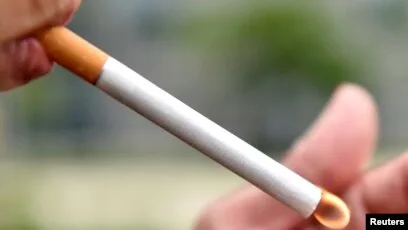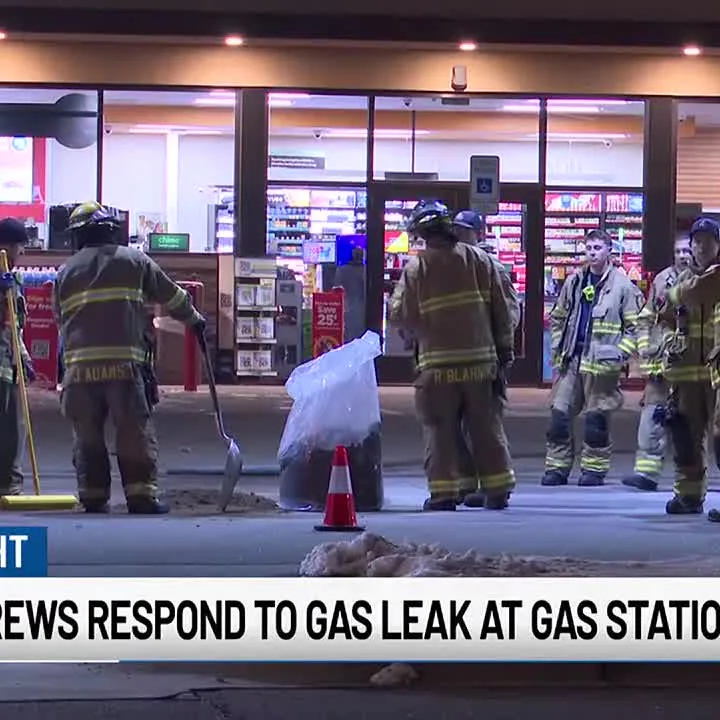The Biden Administration’s recent proposal to significantly reduce nicotine levels in cigarettes has ignited a heated discussion among public health experts, politicians, and critics. This last-minute initiative aims to decrease nicotine addiction, which the Centers for Disease Control and Prevention (CDC) identified as a major contributor to tobacco-related health issues. According to the CDC, tobacco use is responsible for over 480,000 deaths in the United States each year. However, experts claim that the measure could inadvertently create a thriving black market for cigarettes and benefit organized crime. “It’s an 11th-hour proposal that could serve as a gift to cartels,” noted a tobacco control expert. Critics argue that the abrupt move could lead to unintended consequences, stating, “People who are addicted to cigarettes may turn to illicit markets, where they will have access to unregulated and potentially more dangerous products.” The Cato Institute emphasized that despite good intentions, the government’s intervention might not eliminate nicotine addiction, but rather push it underground, stating that lowering nicotine content would not satisfy smokers’ cravings but may prompt them to seek out higher-nicotine alternatives in illegal markets. This development comes as the administration continues to tackle the public health crisis posed by smoking. The proposal, awaiting final approval, raises questions regarding the balance between regulation and personal freedom, as well as the efficacy of government intervention in health matters.
Biden Administration’s Controversial Proposal to Lower Cigarette Nicotine Levels Sparks Debate














